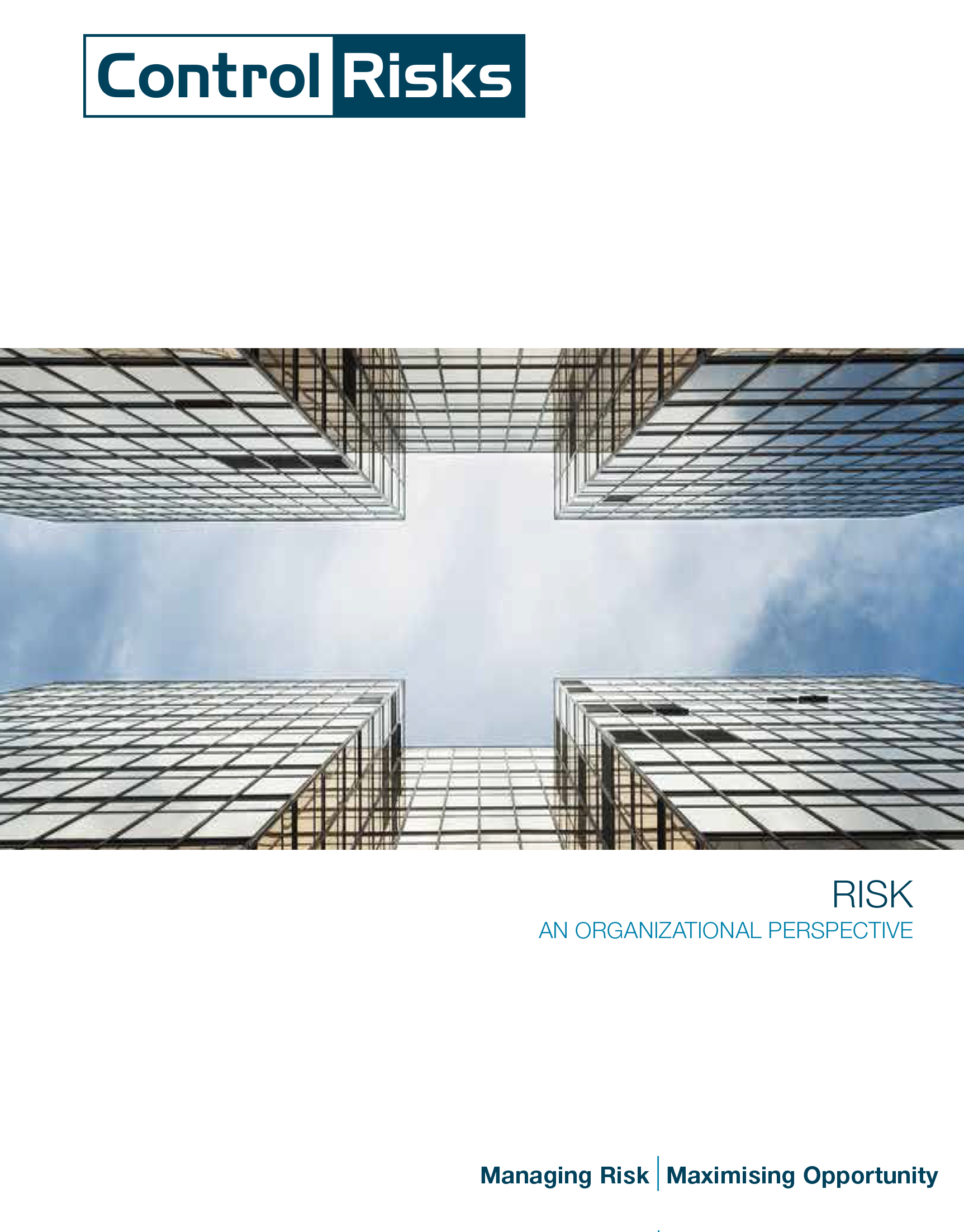Employers just got a reminder from the U.S. Court of Federal Claims that the minimum wages and overtime compensation required by the federal Fair Labor Standards Act are to be paid on time. Failing to remit these amounts on the next regular payday after they can be computed risks a violation of the FLSA.
The ruling in Martin v. U.S., 1:13-cv-00834-PEC (Fed. Cl. July 13, 2014) arose out of the federal budgeting impasse that caused the shutdown of portions of the U.S. government from Oct. 1 to 16, 2013. The plaintiffs included non-exempt employees who performed work during this period but who were not paid on their normal paydays for the work they performed after October 1. Instead, they received this compensation about two weeks after those paydays, once the necessary funds had been appropriated.
The workers apparently conceded that, once they were paid, they received all of the FLSA-required wages due. What they argued is that their not having been paid those sums on the regular paydays ran afoul of the FLSA. They contended that this automatically entitled them to an additional amount, equal to the late-paid FLSA wages, as “liquidated damages” called for under the FLSA.
Prompt-Payment Requirement Is Implied
There is no explicit payment deadline in the FLSA itself. Nevertheless, the U.S. Labor Department’s position has long been that FLSA-mandated sums earned for a workweek must usually be paid on the regular payday for the pay period in which the workweek ends. Even when it is not possible to compute all of the necessary payments until sometime later (such as, for instance, circumstances in which overtime premium due is on a payment earned over multiple workweeks), prompt payment is necessary. The Labor Department says of such a situation that:
[T]he requirements of the [FLSA] will be satisfied if the employer pays the excess overtime compensation as soon after the regular pay period as is practicable. Payment may not be delayed for a period longer than is reasonably necessary for the employer to compute and arrange for payment of the amount due and in no event may payment be delayed beyond the next payday after such computation can be made.
The Martin judge embraced USDOL’s positions, concluding that the late payments were indeed unlawful. Although she also acknowledged that liquidated damages might well be due, in her view it was premature to decide the damages question. A court is authorized to reduce or eliminate FLSA liquidated damages “if the employer shows to the satisfaction of the court that the act or omission giving rise to [the violation] was in good faith and that he had reasonable grounds for believing that his act or omission was not [a violation] …” The court determined that the U.S. government had not had an adequate opportunity to present evidence relevant to these questions.
There’s Much At Stake
Getting hit with liquidated damages can be bad enough on its own, but there are also other potential consequences. For example, if liquidated damages are not awarded, a court still may impose interest on those late-paid amounts.
Furthermore, the FLSA authorizes USDOL to assess civil money penalties of up to $1,100 for each repeated or willful violation of its wage requirements. Court injunctions and other equitable relief also are possible, and a court must grant costs and “reasonable” attorney’s fees to prevailing current or former employees. It also is conceivable that there could be criminal penalties for owners, partners, directors, officers, shareholders, managers and even others shown beyond a reasonable doubt to have violated the FLSA intentionally, deliberately, voluntarily or with reckless indifference.
Although Martin involved government workers, the fundamental principles the judge relied upon apply just as much to private sector employers. Also, other jurisdictions maintain time-of-payment or frequency-of-payment requirements and related remedies under their own laws, and employers should note that the potential liabilities under those provisions could be worse than the FLSA’s.










